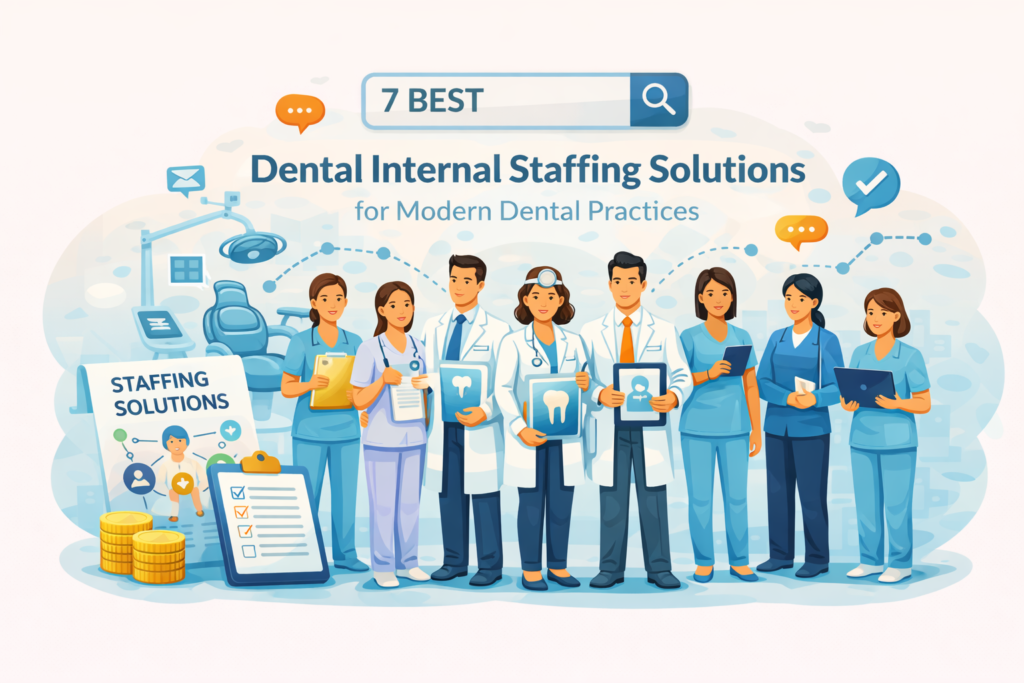In the past year or so, work has become less about where you sit and more about how well you deliver. As companies moved faster toward remote and hybrid models, driven by tech adoption, cost savings and talent access beyond metros, a new kind of workforce culture started taking shape. One that is decentralised, flexible and less dependent on a physical office setup.
But with that shift, another challenge has quietly surfaced. Employee protection and well-being benefits, especially insurance, are not as straightforward anymore. That’s where group life policies are stepping in, now being redesigned to suit this fluid, work-from-anywhere reality. This blog explores how that change is unfolding and why it’s catching on fast.
Benefits of group insurance for remote workers
Group insurance is a type of coverage that an organisation offers to a group of people, usually its employees. Instead of each person buying an individual policy, the employer negotiates a single plan that covers everyone under one umbrella. This makes it more affordable and often more comprehensive than standalone insurance.
For remote workers, who may not have access to office-based health setups or direct HR support, these plans offer structured protection and access to essential services—without needing to manage everything on their own. Here’s how:
Access to a broad range of healthcare providers
Group insurance plans offered by employers usually come with tie-ups across a wide network of hospitals and clinics. This makes it easier for remote employees to access medical help in their own cities or while travelling. Unlike individual plans that may have limited options, group policies are more flexible and inclusive, no matter where the employee is based.
Includes mental health support, a must in today’s time
Working remotely can sometimes lead to isolation, anxiety or burnout. Many group insurance policies now include mental health benefits such as counselling sessions, virtual therapy and emotional wellness resources. These services are designed to help employees manage stress better and take care of their emotional wellbeing along with physical health.
Some policies also include preventative care at low or free cost
Group insurance is no longer just about treatment. It also includes regular health check-ups, screenings and preventive care. Some plans offer these services either free of cost or at a very low price. This encourages remote employees to stay on top of their health and spot issues early, even if they are not visiting a workplace regularly.
Covers for the family, too
Many group insurance plans also include family members such as a spouse, children or dependent parents. For remote workers who often stay closer to home or manage family responsibilities, this is a huge plus. It ensures their loved ones are protected under the same policy without the need for separate arrangements.
Stay informed
If you are currently working remotely or in a hybrid setup, it’s important to know what your group insurance policy covers. This will help you understand whether it’s enough for your needs or if you should consider getting an individual policy on top of it. Not all group plans are the same, some may offer limited coverage or exclude dependents. Being aware of the details allows you to plan better, avoid gaps and make sure both you and your family are financially protected.
Final thoughts
As remote work continues to reshape the way we live and earn, having the right insurance support becomes as important as a stable internet connection. Group life policies offer a dependable safety net, especially when customised to meet modern needs. But it’s always wise to review whether the coverage is enough for your personal and family goals. If you’re exploring additional protection, tools like a term plan calculator can help you make informed decisions based on your age, income and future financial responsibilities.




